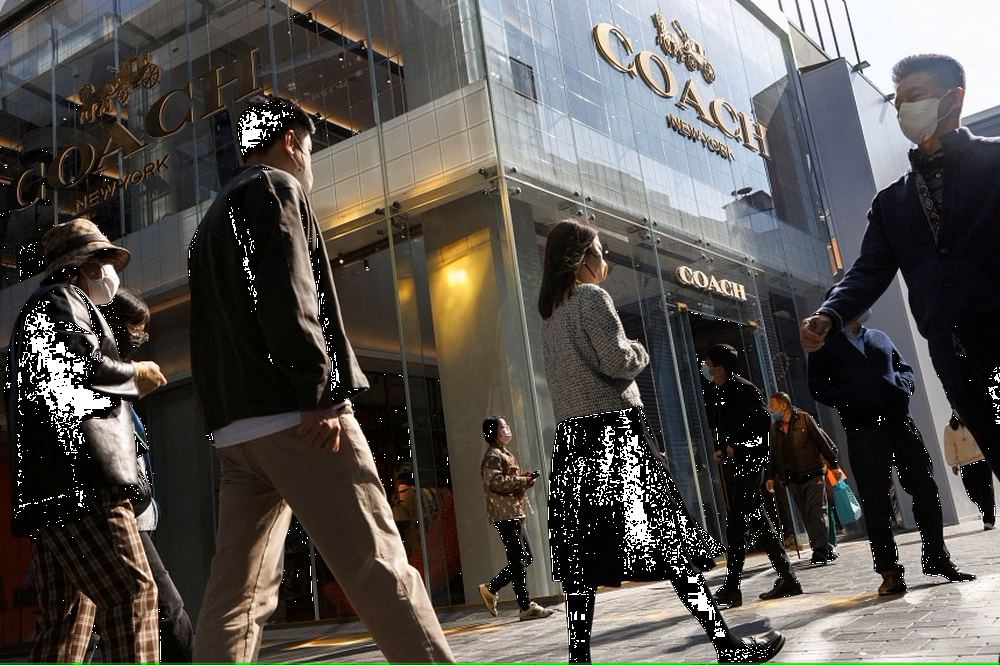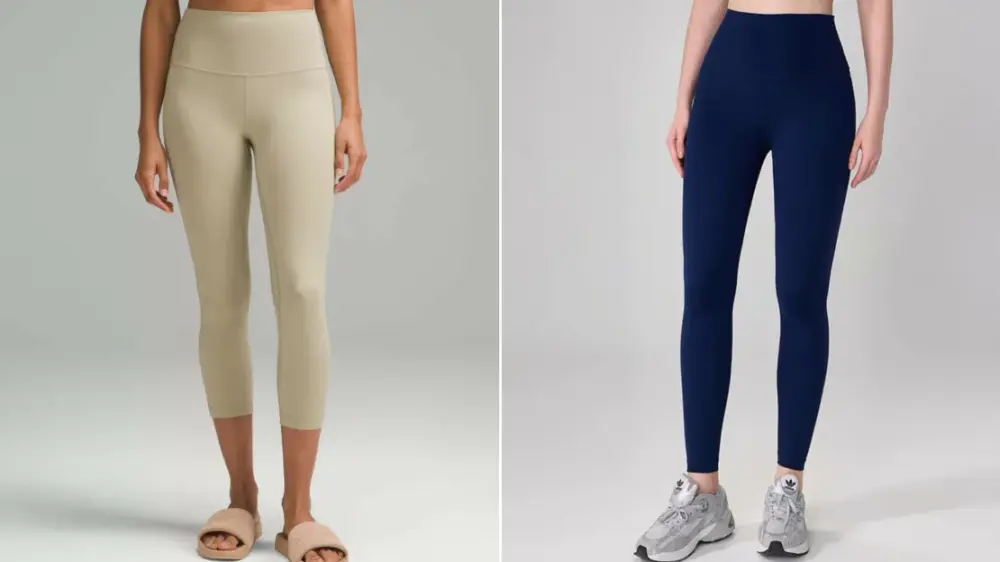China’s economic slowdown is hitting young professionals hard, with advertising workers like Zheng Jiewen feeling the pinch. Once making 30,000 yuan a month, Zheng has seen her income slashed by half, forcing her to drastically cut her spending. The result? A shift away from high-end brands like Louis Vuitton and Chanel, once staples in her wardrobe.

This isn’t just Zheng’s story; it’s a reflection of a broader trend in China. More and more consumers are turning to “pingti” products—high-quality replicas of luxury goods. These dupes, which can sometimes be indistinguishable from the originals, offer consumers an affordable alternative as the country’s economic situation weakens. Analysts say the rise of pingti marks a shift in consumer behavior.

Luxury goods used to dominate Chinese markets, with Chinese shoppers leading global spending on top Western brands. However, in recent years, with declining confidence and slowing economic growth, consumers are finding dupes a more appealing choice. Social media searches for these affordable alternatives have tripled since 2022, showing just how widespread the shift has become.

This trend is contributing to lackluster retail sales in China, causing concerns that the country may not meet its 5% growth target. To combat the slowdown, China’s central bank recently introduced measures to boost lending and stimulate the economy. While these efforts have sparked some positive movement in the stock markets, the long-term effects on consumer behavior remain uncertain.

#ChinaEconomy #LuxuryDupes #ConsumerTrends #EconomicSlowdown #RetailShift #Pingti #Guangzhou #LuxuryReplicas
